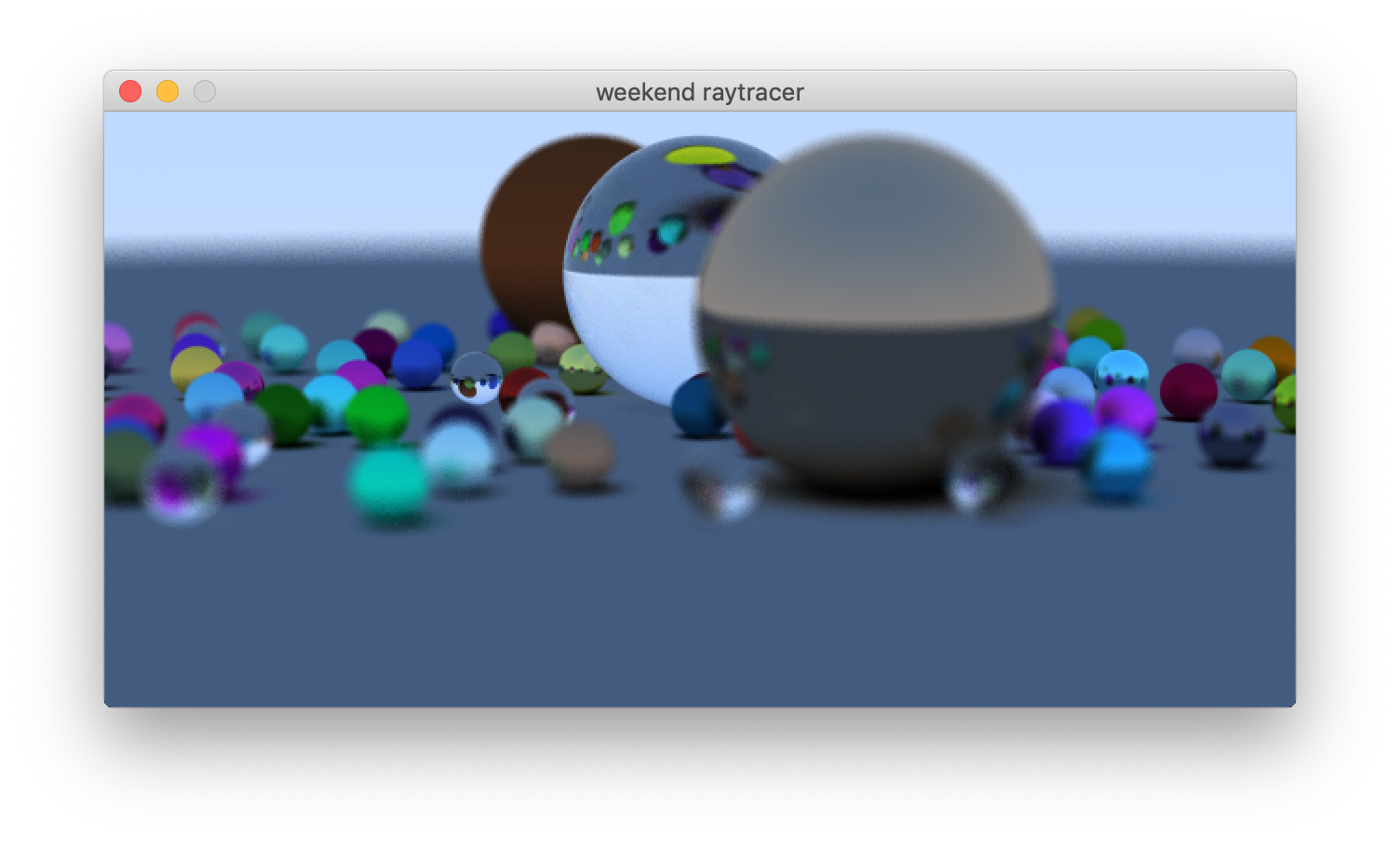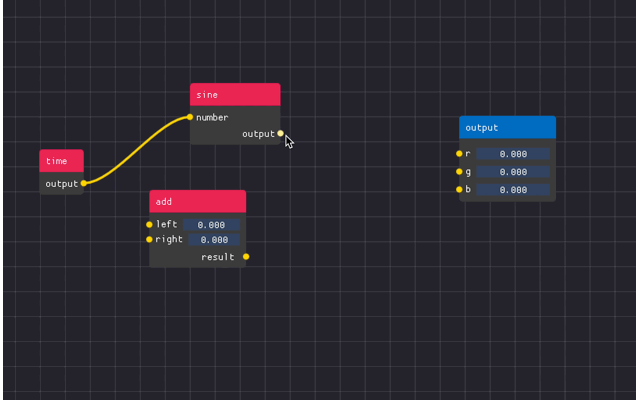
Dithering is a fascinating and seemingly counter-intuitive technique, the effects of which are easily demonstrated using images. This post develops a simple way to dither images using just a few lines of Rust code.
Generating 3d buildings using node graphs

There are many different ways to generate 3d models. Software like Blender gives you a pile of tools and modifiers with which you can model almost any object. Then you have your sculpting editors with which you can model complex organic shapes, as if you were modeling with clay. Finally, you have procedural modeling tools with which you can generative repetitive 3d geometry using simple rules.
Writing a small ray tracer in Rust and Zig

I spend most of my programming time writing C++. And like many other C++ programmers, I've shot myself in the foot countless times with a feature I didn't fully grok. And I've spent enormous amounts of time trying to understand the language. Like many other C++ developers in this position, I find myself frequently daydreaming about switching to another more modern and easily understood language.
imnodes: writing an immediate mode node editor library

Node editors are one of the more discussed use-cases for the ImGui UI library, and there are lots of gists as well as fully-fledged implementations for them on Github. If you want to implement your own node editor, you can get cracking! However, my pet peeve with the available samples and implementations is that they often aren't immediate mode and don't obey ImGui's philosophy of being lightweight and dependency free.
Embedding Wren in C++, part 2
The second part of the series implements a full C++ wrapper for C++ functions and classes for Wren's C API.
Embedding Wren in C++, part 1
Wren is a small, fast, class-based scripting language designed to be easily embeddable in a host application. The language has a slot-based C API very similar to the one found in Lua. In this first post of a two-post series, we take a look at calling the slot API automatically base on the types of a list of arguments to a function.
Placing an arbitrary number of function calls into a function argument list using templates
A small look at some useful template techniques, in the context of trying to bind functions to a virtual machine. I wrote this post mostly for myself so that these techniques would be listed all in one place.